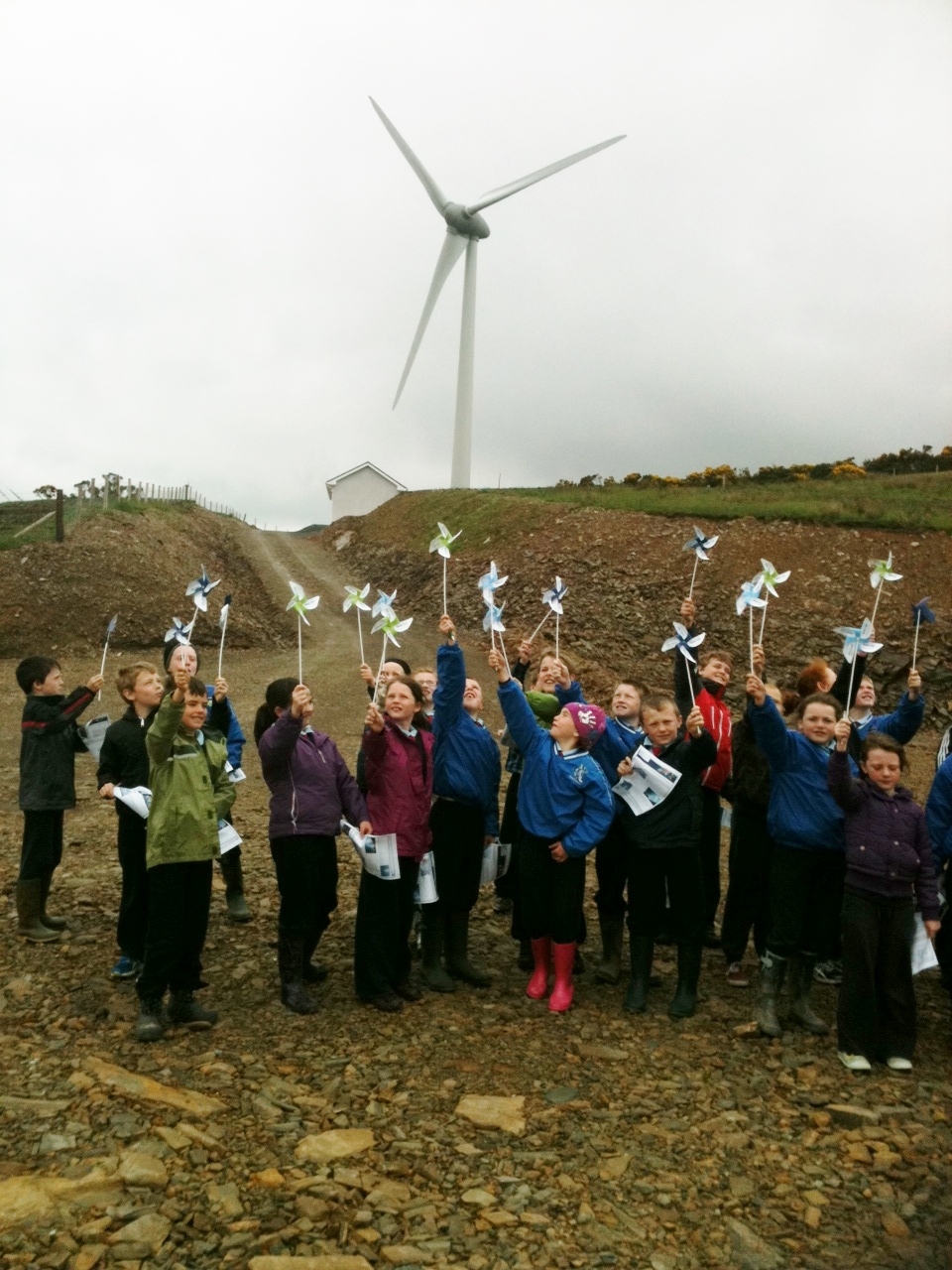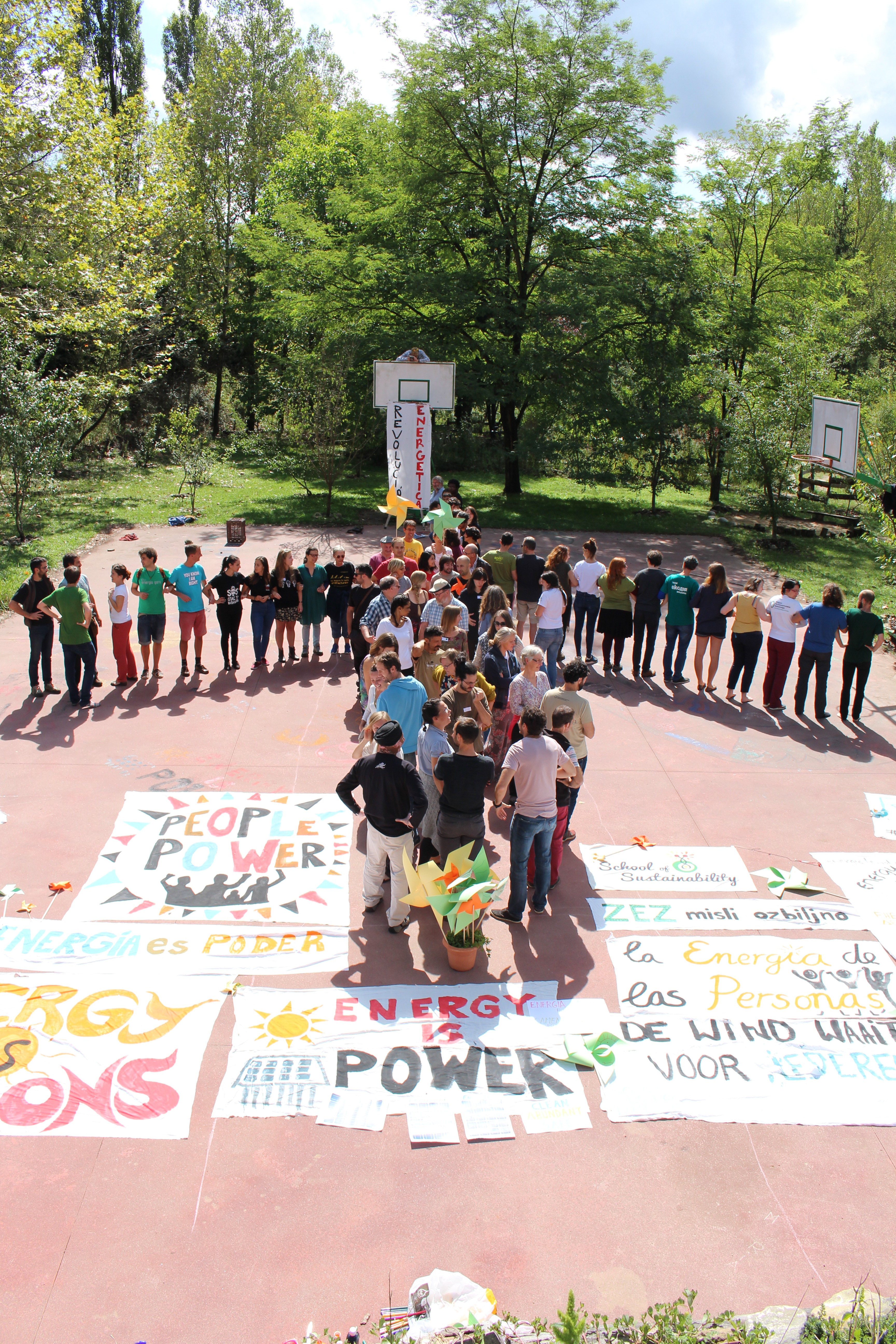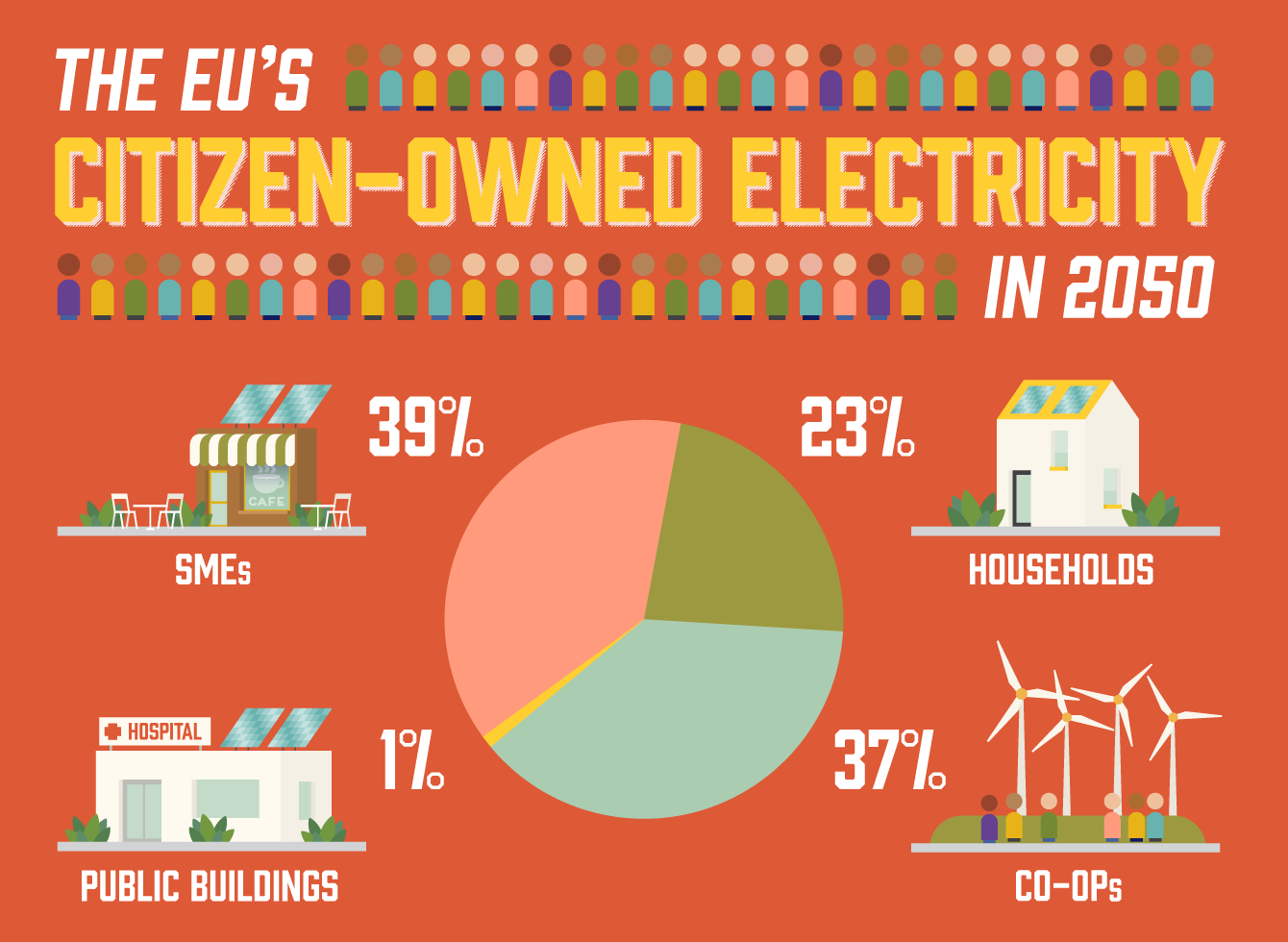News
International day of the cooperative 2021 - Rebuild better together
This article is based on an op-ed written by Dirk Vansintjan, president of REScoop.eu, that appeared in Euractiv last year.

3/7/2021, Today is the International Day of Cooperatives (#CoopsDay). This year’s theme is “Rebuild better together“. REScoop.eu, the European federation of citizen energy cooperatives, joins the celebration as we are convinced that energy cooperatives can help build a more resilient, people focused economy.
A people-centred and environmentally just recovery
The current situation is putting our society to a vital test: Are we equipped to meet the COVID-19 pandemic crisis with solidarity and resilience? Can we offer a just recovery that will ensure the long-term stability of our societies?
REScoop.eu, the European federation of citizen energy cooperatives, strongly believes that the answer to these questions can be yes. But this can only be the case if we ensure that the measures taken, make our economies and societies more resilient in the long term. Whilst it is crucial to develop solutions that will revitalise our economy following this crisis in the short and medium term, we must not lose sight of other existing threats to our economies and our citizens.
Several experts have pointed out over the past months that human health and the state of the environment are inextricably linked – be it through the increased exposure to wildlife, or the threat air pollution poses to our health.
Corona crisis aside, we know that climate change is one of the most severe and urgent systemic threats to our global community. Unless we start integrating the environment into our economic decisions, all we are doing is putting a band-aid on the wound without treating the cause – and hence inevitably setting ourselves up for more crises of this sort.
One promising thing that has come out of the current situation is the evidence that it is possible for governments to allocate resources to solve urgent situations, where they were previously stuck in political disagreements. Our leaders must leverage this newly found level of cooperation to tackle issues such as climate change heads-on, so we won’t have to do it in crisis mode.
The measures taken after the economic crisis in 2008 mainly bailed out the big financial institutions without tackling some of the underlying flaws of our economic system, namely consumerism and the environmental destruction that goes with it, wealth concentration, and lack of democratic control at the local level. It left many citizens disempowered at the time, and once again today, those suffering the most from the economic crisis ahead will likely be the small businesses in our neighbourhoods. The solutions proposed today need to safeguard the livelihoods of European citizens.

A new balance between globalisation and the local economy
One very concrete way to move towards such a society will be to strengthen the growth of energy cooperatives in Europe and beyond.
By investing in and operating clean energy technologies and measures, energy cooperatives have been known to strengthen the social and economic welfare of their community whilst taking measures to reduce CO2 emissions and preserve the environment. They hence provide an economically sound model that tackles the exact challenges we need to solve to build a sustainable future for ourselves.
Don’t just take our word for it, let some European examples speak for themselves:
For Belgium, researchers estimated in 2013 that the energy transition will require investment between €300 and €400 billion up to 2050. But Belgian citizens together have at the end of 2020 about €295,42 billion of sleeping savings in banks, which could be invested locally. Such investment could create between 20,000 and 60,000 jobs, and save the Belgian economy up to €20 billion a year by avoiding the import of gas, oil, coal and uranium.
A German study reveals the return for the local economy and communities is up to 8 times higher if these renewable production facilities are owned by local citizens, local energy communities, and other SME’s. In particular, income from local renewable energy production can provide an indispensable basis to make the necessary investments in energy efficiency in buildings, and empowers citizens to get involved – thus strengthening not only our economy, but also our European democratic model.
In 1988, the small Austrian town Güssing had no significant industry or trade business. It is now thriving thanks to a consequent transition to local renewable resources. Instead of high unemployment, more than 1,500 jobs were created. An annual bill of €6 million for imported fossil fuels was turned into a revenue of €17 million from local renewable energy production.
Leading by example, the municipality reduced its energy expenditure by almost 50% through energy efficiency, and the citizens and businesses followed. Following Güssing’s example, more than 15 regions in Austria are now energy independent with regard to electricity, heating, and/or transportation.

Let's stay in the cooperative mode!
The potential of energy cooperatives is enormous. Looking at the EU alone, it is estimated by CE Delft that by 2050, 50% of Europe’s citizens of which 37% through energy cooperatives, could own half of the renewable energy installations in the entire region. Speak of untapped potential! Through their actions, energy cooperatives ensure higher resilience of their territories by building a strong social fabric, and by ensuring the protection of the natural environment in all their actions.
If we are to build a truly sustainable society for the long term and for future generations, we need to stay in the cooperative mode. There is no other way.

About the International Day of Cooperatives
Marked by cooperatives worldwide since 1923 and officially proclaimed by the United Nations General Assembly on the centenary of the ICA in 1995, the International Day of Cooperatives is celebrated annually on the first Saturday of July.
The aim of #CoopsDay is to increase awareness of cooperatives and promote the movement's ideas of international solidarity, economic efficiency, equality, and world peace. Since 1995, the ICA and the United Nations through Committee for the Promotion and Advancement of Cooperatives (COPAC) have jointly set the theme for the celebration of #CoopsDay.
This year’s celebration will be the 27th International Day of Cooperatives recognized by the United Nations and the 99th International Cooperative Day.
Through #CoopsDay, local, national and global policymakers, civil-society organisations and the public in general can learn about the contribution of cooperatives to a just future for all.